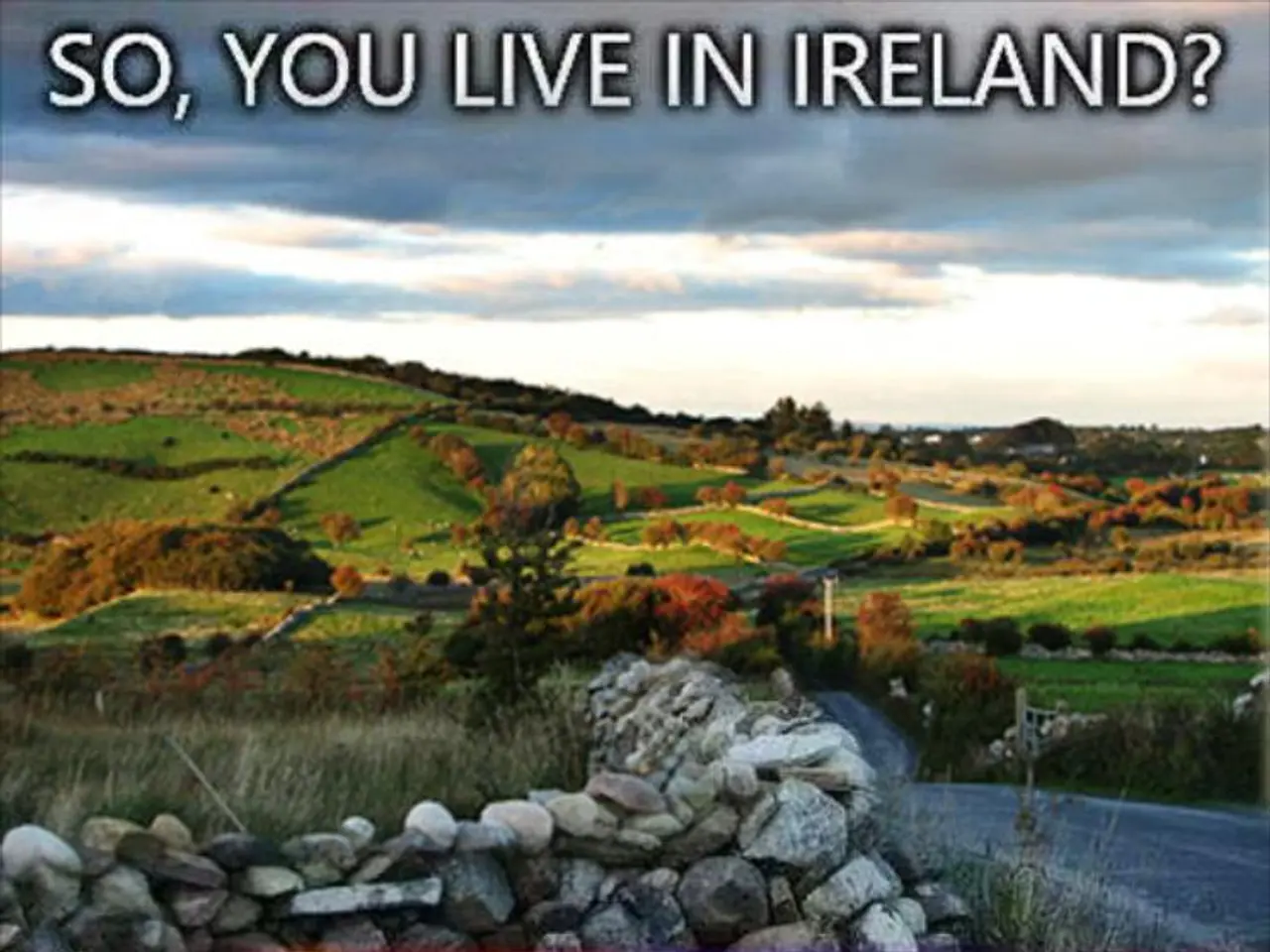Heatwave Brings High Temperatures and Fire Risks to Baden-Württemberg
Intense Heatwave in the Southwest Causing Elevated Forest Fire Threat
A heatwave is currently sweeping across Baden-Württemberg, Germany, with temperatures expected to reach up to 38°C in most regions on Wednesday and Thursday. The city of Mannheim has already taken proactive measures to prevent forest fires, closing grill areas and fire pits due to the high fire risk.
According to the German Weather Service (DWD), the forest fire danger will rise to level 4 in large parts of Baden-Württemberg on both days. This heightened risk is due to the dry conditions caused by the heatwave, which makes vegetation highly flammable. The grassland fire index will also rise to the second-highest level, indicating a high risk of fire in open areas.
The DWD has issued a heat warning for all districts in the southwest, urging people to take precautions, especially the elderly and those in need of care, who are most vulnerable to the extreme temperatures. In Mannheim, barriers and paths should be kept clear to ensure quick access for firefighters and rescue services in case of an emergency.
The heatwave will bring clear skies during its peak, providing little relief from the heat. However, thunderstorms are possible in higher elevations in the afternoon on Thursday and on Friday in the highlands, offering some respite from the heat.
Public awareness campaigns, fire bans, forest management, and forest fire surveillance are common strategies employed to prevent forest fires in Germany. In Baden-Württemberg, these measures are likely being implemented to mitigate the increased fire risk during the heatwave.
The heatwave's impact on forest fire risk is significant. Dry conditions can lead to more sparks from human activities, and fires can spread rapidly in dry, hot conditions due to the easily ignitable fuel. In regions like Baden-Württemberg, where tick-borne encephalitis is a concern, the focus on forest health and accessibility might also influence how forest management is approached during heatwaves.
Climate change, with its warming trends, increases the likelihood of heatwaves and associated fire risks, necessitating more proactive forest management strategies. An integrated approach, which includes prevention, preparedness, and suppression activities, is crucial in managing forest fires effectively.
While specific measures in Baden-Württemberg are not detailed, the region likely employs these general strategies to mitigate forest fire risks during heatwaves. It is essential for everyone to remain vigilant and report any signs of fires to help prevent disastrous forest fires during this heatwave.
The ongoing heatwave in Baden-Württemberg ensures a significant impact on the region's fire risk, particularly due to the dry conditions that promote easier ignition of vegetation (climate-change). The heightened fire danger has prompted protective measures, like closing grill areas, in areas prone to forest fires (environmental-science).
During this heatwave, the focus on prevention and preparedness is crucial, especially given the increasing likelihood of heatwaves and associated fire risks due to climate change (science). It is vital for everyone to remain vigilant and report any signs of fires to help prevent disastrous forest fires (weather).








